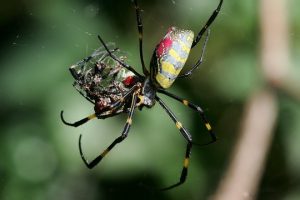Search Results for: animal kingdom
Kingdom Animalia
Kingdom Animalia Definition Each person can say that they know of or can name at least one animal. However, do people know... Read More
Animal Kingdom
Taxonomic kingdom comprising all living or extinct animals. All animals on earth are found in the animal Kingdom taxonomic... Read More
Classification system
Classification Systems Definition In life, many things are classified, that is, to put into categories or groups based on... Read More
Sagittal plane
The sagittal plane is the plane that allows us to see the world in bilateral symmetry. Whether reaching for a high shelf,... Read More
Physiological adaptation
If we look over evolutionary history, we find that it’s neither the most genius and intelligent nor the strongest and the... Read More
A New Theory on the Origin of Animal Multicellularity
Multicellular life, purportedly, started around 600 million years ago. From single-celled, certain organisms eventually... Read More
Systema Naturae
Definition noun A book of binomial nomenclature introduced by a Swedish botanist, zoologist and physician Carolous... Read More
Embryology
Embryology Definition Embryology is a branch of biology that deals with the topics concerning gamete formation... Read More
Hermaphrodite
We all know that typically living organisms are divided into two main categories of sex-based on their biological structure.... Read More
Parasitism
Organisms depend on different sources of food to survive. Larger organisms like plants make their own food (autotrophs) and... Read More
Invertebrate
Invertebrate Definition An invertebrate refers to any of the animals lacking a vertebral column. The term invertebrate came... Read More
Parthenogenesis
To reproduce, by definition, means to produce new offspring. The process is referred to as reproduction, which is one of the... Read More
Sporophyte
Sporophyte Definition What is a sporophyte? Accordingly, the sporophyte is the plant generation that produces spores. To... Read More
Euglenophyta
Definition noun (phycology) In old taxonomic classification, a phylum of the Kingdom Protista and comprised of the... Read More
Convergent evolution
Convergent evolution definition What is convergent evolution? Convergent evolution is a concept in evolutionary biology... Read More
Alimentary canal
Definition of Alimentary canal What is the alimentary canal? The alimentary canal is a muscular hollow continuous tubular... Read More
Hypomelanism
All the body cells of living organisms bear some color due to one or the other pigment molecule or complex. The pigment can... Read More
The Amazing Spider Dads
Humans are not the only fathers capable of giving it all for the sake of their progeny. The animal kingdom is teeming with... Read More
Arthropodology
Definition noun A biological discipline that studies arthropods Supplement Arthropodology is a biological discipline that... Read More
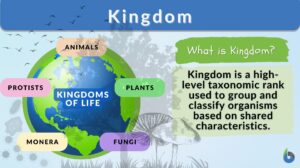
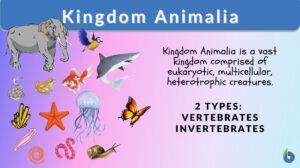


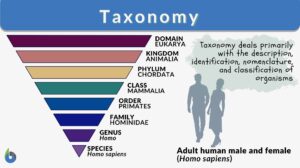

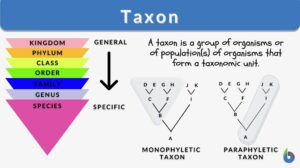
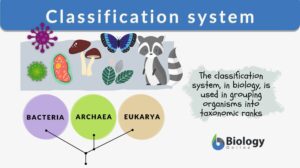



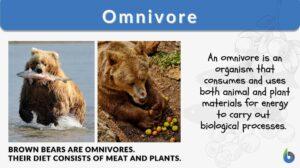


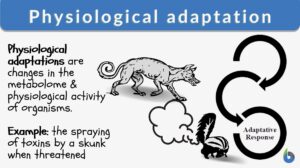

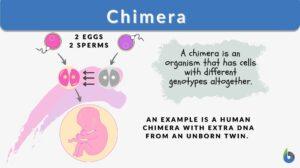


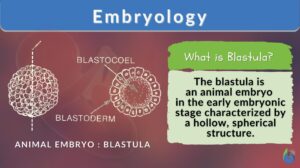




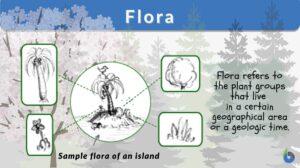
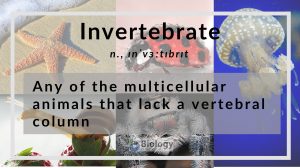

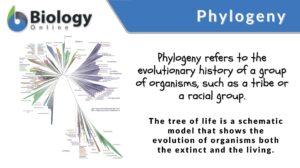

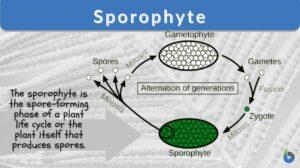
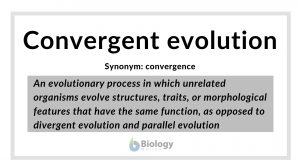
![Biology n., [baɪˈɑlədʒi] Definition: scientific study of life](https://www.biologyonline.com/wp-content/uploads/2021/12/biology-definition-and-branches-of-biology-300x168.jpg)
![Botany n., [ˈbɑt.ə.ni/] botany definition and example](https://www.biologyonline.com/wp-content/uploads/2019/10/botany-definition-and-example-300x168.jpg)


